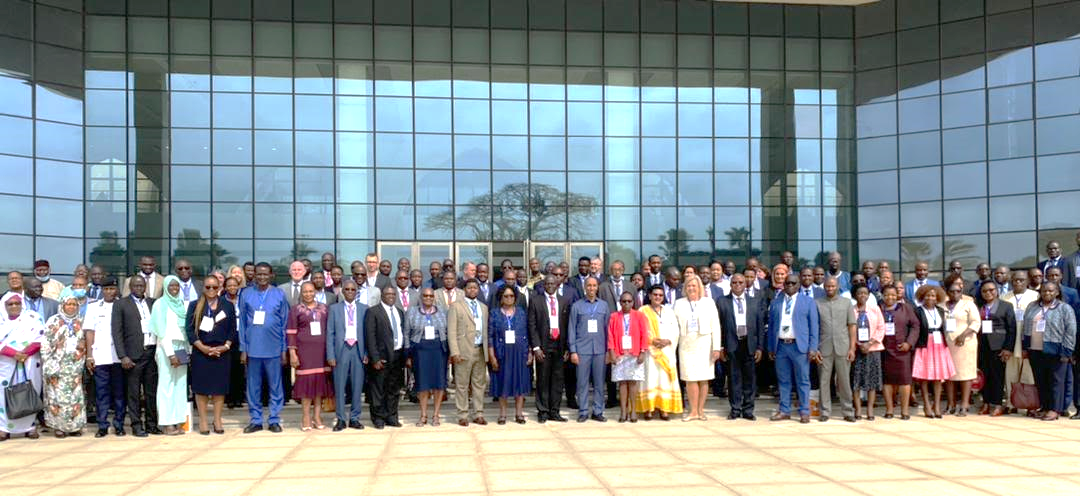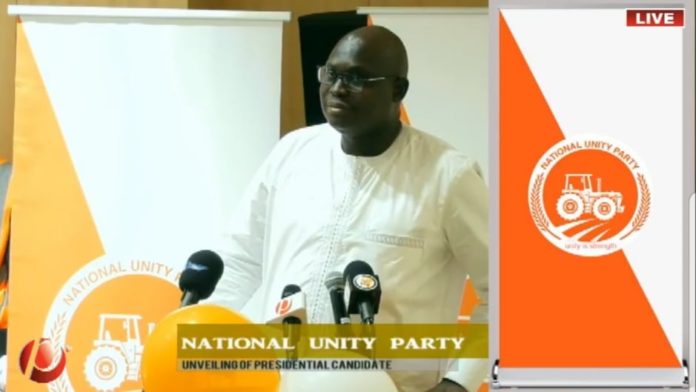The Secretary General and Head of the Civil Service has emphasized the need for reform to the country’s debt management and government revenue raising strategy, in a bid to consolidate efficient fiscal policy implementation.
Addressing over 60 top government officials that comprised the Permanent Secretaries and Government Planners from 19 Ministries at a retreat, Mr. Ebrima O. Camara reminded the officials that government worked tirelessly to undo the mess that the public finances were in only a few years ago.
“However, this process is not over, and we cannot afford to lose sight of the real issues we have, the scale of the public sector debt and the need to raise revenue and compliance,” Secretary General told the officials.
Mr. Camara outlined his vision for a high-functioning civil service that would serve the needs and deliver for the people of the Gambia. The three-day event was marred by honesty and interactive discussions among officials, with each Permanent Secretary giving presentations on accomplishments for 2018 and the plans for 2019.
He also touched on the need for the central agencies like the State House and the Ministry of Finance, to step-up their leadership role, urging them to provide a better service delivery to their line agencies.
The relationship between the centre and the line ministries should be one, where those at the centre can provide support, directives, oversight and accountability… but also, can help to resolve issues and foster collaboration in areas involving various institutions.
The objectives of the retreat were: Establishment of a forum to encourage a political and administrative culture characterized by accountability and transparency, concern for ethics, and avoidance of conflicts of interest. Also the creation of a more mature policy analysis, coordination and M&E system across multiple governmental levels. In addition of creating information system about the amount and allocation of available resources, and whether resources are, in fact, used for the purposes intended as well as measuring government performance to ensure linking performance to the public expenditure frameworks or strategies to be able to determine if the budgetary allocations in support of programs are ultimately supporting a success or failure and thus, to create an opportunity for a comprehensive policy diagnosis and institutional planning which shall be in tandem with the short-to-long-term plans of the National Development Plan.
Ebrima Saikou Ceesay, the Secretary to the Cabinet, in his remarks explained that his office established a Task Force to look into processes and procedures around cabinet meetings.
Underlying that Task Force’s objective is the need to ensure high quality submissions to the cabinet through exhaustive analysis, consultations and reporting.
“Successful completion and implementation of the recommended actions will enable the Cabinet to deliberate on issues and arrive at viable conclusions in confidence. In short, Cabinet papers that the Permanent Secretaries authored, should have substantial clarity to enable our Ministers to appreciate and comprehend what these Cabinet Paper intend to convey,” Ceesay said.
A new Department of Strategic Policy and Delivery at the State House that was recently created also had its newly appointed Director General to present its paper to the meeting. The topic was centred on the role of the State House in supporting line ministries, giving directives, oversights and accountability, as well as helping to resolve issues and foster collaboration in areas involving various institutions.
It was the first ever retreat of this calibre of officials to be held outside Banjul. The Secretary General said it was part of a quarterly decentralisation process aimed at reviewing and strategising on performance-based objectives to fast-track the attainment of the National Development Plan 2021.





